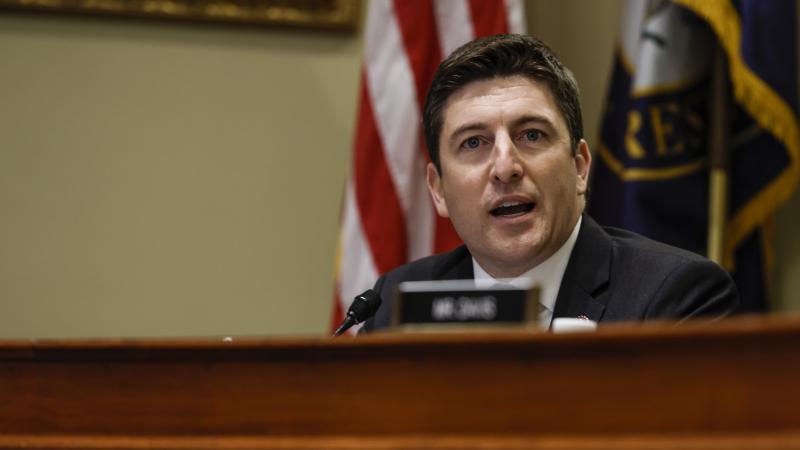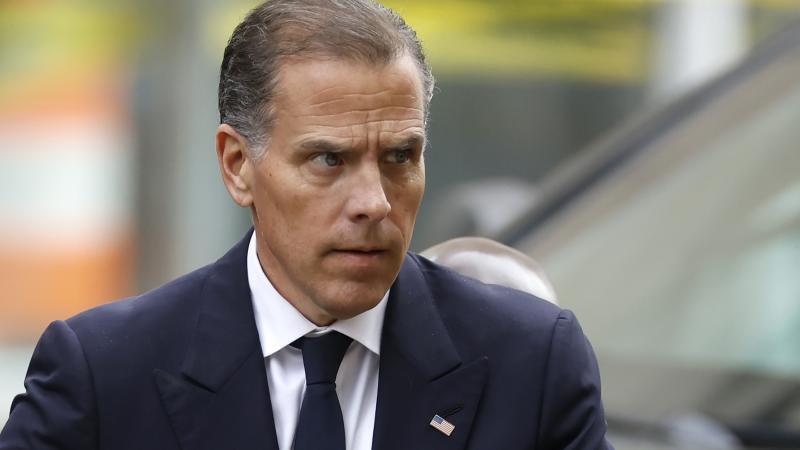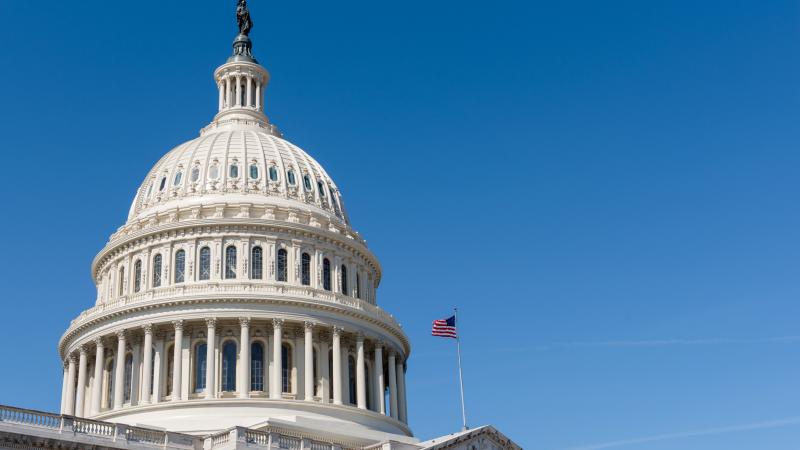FBI’s Russia collusion case fell apart in first month of Trump presidency, memos show
Flynn collusion ruled out, Steele dossier debunked in January 2017, more than two years before Mueller announced it.
The piecemeal release of FBI files in the Russia collusion investigation has masked an essential fact: James Comey’s G-men had substantially debunked the theory that Donald Trump’s campaign conspired with Moscow by the time the 45th president was settling into the Oval Office, according to declassified memos, court filings and interviews.
And that means a nascent presidency and an entire nation were put through two more years of lacerating debate over an issue that was mostly resolved in January 2017 inside the bureau’s own evidence files. The proof is now sitting in plain view.
In rapid fire sequence in January 2017, U.S. officials:
- received multiple warnings about the credibility of informant Christopher Steele and his dossier;
- affirmed key targets of the FBI counterintelligence investigation made exculpatory statements denying collusion to undercover sources;
- concluded retired Lt. Gen. Mike Flynn, Trump's first national security adviser, was not engaged in collusion with the Russians.
The latter revelation has mostly escaped much notice, contained in a single sentence in a once-sealed court motion filed by Flynn defense attorney Sidney Powell that requested what is known as Brady material, or evidence of innocence.
That motion dated Sept. 11, 2019 requested access to “an internal DOJ document dated January 30, 2017, in which the FBI exonerated Mr. Flynn of being ‘an agent of Russia.’”
Flynn's motion is confirmed by a 2018 letter obtained by Just the News between Special Counsel Robert Mueller's office and defense lawyers. It shows the DOJ exoneration memo was written after Flynn had been interviewed by FBI agents in January 2017 and after the government learned the former Defense Intelligence Agency chief had kept his old agency briefed on his contacts with Russia, something that weighed heavily against the notion he was aiding Moscow.
"According to an internal DOJ memo dated January 30, 2017, after the Jan. 24 interview, the FBI advised that based on the interview the FBI did not believe Flynn was acting as an agent of Russia," Mueller's team wrote in the letter.
U.S. District Judge Emmett Sullivan so far has concluded that the exoneration of Flynn on the Russia collusion charge wasn’t relevant to his conviction since he pled guilty to a different crime, making a false statement to the FBI.
But for the American public, such a revelation is momentous.
Less than two weeks into Trump’s presidency the FBI had concluded his national security adviser had not been working as an agent of Russia. While that was the view of federal law enforcement, the false storyline of Flynn as a Russian stooge was broadcasted across the nation, with leaks of his conversations with a Russian ambassador and other tales, for many more months.
In an interview with Just the News and its John Solomon Reports podcast, Powell confirmed she was provided by letter three sentences from the DOJ memo but has been unable to get the full document.
"It’s just horrible,” Powell said. "They gave us a little three lines summary of it and the letter and told us it existed but have refused to give us the actual document, which I know means there's a lot of other information in it that would be helpful to us.”
Powell also confirmed that Mueller was fully aware of a letter sent in early January 2017 to Flynn from Britain’s national security adviser raising concerns about Steele’s credibility.
The British government “hand-delivered” a letter to Flynn’s team that “totally disavowed any credibility of Christopher Steele, and would have completely destroyed the Russia collusion narrative,” Powell said.
Flynn himself has no memory of receiving the communique, but people around him at the time do and confirmed the existence of the document, Powell explained. Flynn was questioned about it during his debriefings by Mueller’s team, she added.
“I was told that a copy of the document would have been given to [then-National Security Adviser] Susan Rice as well,” she added. "So the Obama administration knew full well that the entire Russia collusion mess was a farce.”
Instead of responding to the British government’s warning by abandoning the Russia collusion narrative and sparing her client the years-long ordeal of being targeted for investigation, top U.S. intelligence officials hid the communication, Powell said.
Her account confirms information that Rep. Mark Meadows (R-N.C.) provided for a May 2019 article for The Hill.
Other significant red flags also emerged in January 2017 that the Russia collusion theory used by the FBI to open a Trump campaign-focused probe in July 2016 was simply wrong. So too was the evidence the FBI submitted to secure an October 2016 FISA warrant targeting Trump campaign adviser Carter Page.
According to information made public by Justice Department Inspector General Michael Horowitz and the Foreign Intelligence Surveillance Court, the FBI interviewed Steele’s primary sub-source around Jan. 7, 2017. That source disavowed much of the Russia collusion evidence attributed to him in the dossier, a fact the bureau hid from the court.
A recent order by FISC Chief Judge James Boasberg lays bare how devastating the revelation from Steele’s source was to the entire Russia collusion theory.
“Steele obtained this information from a primary sub-source, who had, in tum, obtained the information from his/her own source network,” the judge wrote. “The FBI did not, however, advise DOJ or the Court of inconsistencies between sections of Steele's reporting that had been used in the applications and statements Steele's primary sub-source had made to the FBI about the accuracy of information attributed to 'Person 1,' who the FBI assessed had been the source of the information in Reports 95 and 102. The government also did not disclose that Steele himself had undercut the reliability of Person 1, telling the FBI that Person 1 was a 'boaster' and an 'egoist' and 'may engage in some embellishment.'"
An FBI spreadsheet similarly found that nearly all of Steele’s information in the dossier was either false, could not be proved, or amounted to Internet-based rumor, making it mostly worthless as actionable intelligence.
Further eroding by January 2017 the FBI’s "mosaic" (former FBI Director James Comey's term) of evidence cited for suspicions of collusion, the bureau had collected exculpatory statements in fall 2016 in which two central targets of the investigation — former Trump advisers Carter Page and George Papadopoulos — told undercover informants they were not colluding with Russia.
Boasberg’s ruling also slammed the FBI for hiding these statements from his court, saying they substantially undercut the FBI's predicate for the investigation, including the now-disproven allegation that Page had altered the RNC platform at the 2016 nominating convention to help Putin.
“The government also omitted Page's statements to a confidential human source that he intentionally had 'stayed clear' of efforts to change the Republican platform, as well as evidence tending to show that two other Trump campaign officials were responsible for the change,” the judge wrote. “Both pieces of information were inconsistent with the government's suggestion that, at the behest of the Russian government, Page may have facilitated a change to the Republican platform regarding Russia 's annexation of part of Ukraine.”
The Horowitz report confirms the court's finding in much greater detail.
Flynn was cleared of being a Russian agent in January 2017. That same month Steele’s dossier was both discredited by the British government and repudiated by his own confidential sources. And the FBI had evidence its two main Trump targets were innocent. All as President Trump was starting his first two weeks in office.
Congressional investigators are now looking at whether Comey's approach to Trump at a Feb. 14, 2017 dinner at the White House may have been part of an effort to pivot away from the bogus Russia collusion investigation and lay a predicate for a new investigation focused on possible obstruction of justice. Those same investigators also are inquiring as to why Mueller's final report did not more clearly spell out how the FBI's collusion case fell apart in January 2017.
Wherever that congressional inquiry lands, there is now clear and convincing evidence that the country, the president and the courts were kept in the dark about an historic turnaround in the evidence in January 2017, even as defendants were being pressured to plead guilty to crimes unrelated to the collusion allegation. Time will tell whether those who kept this secret for two more years will be held to account.















